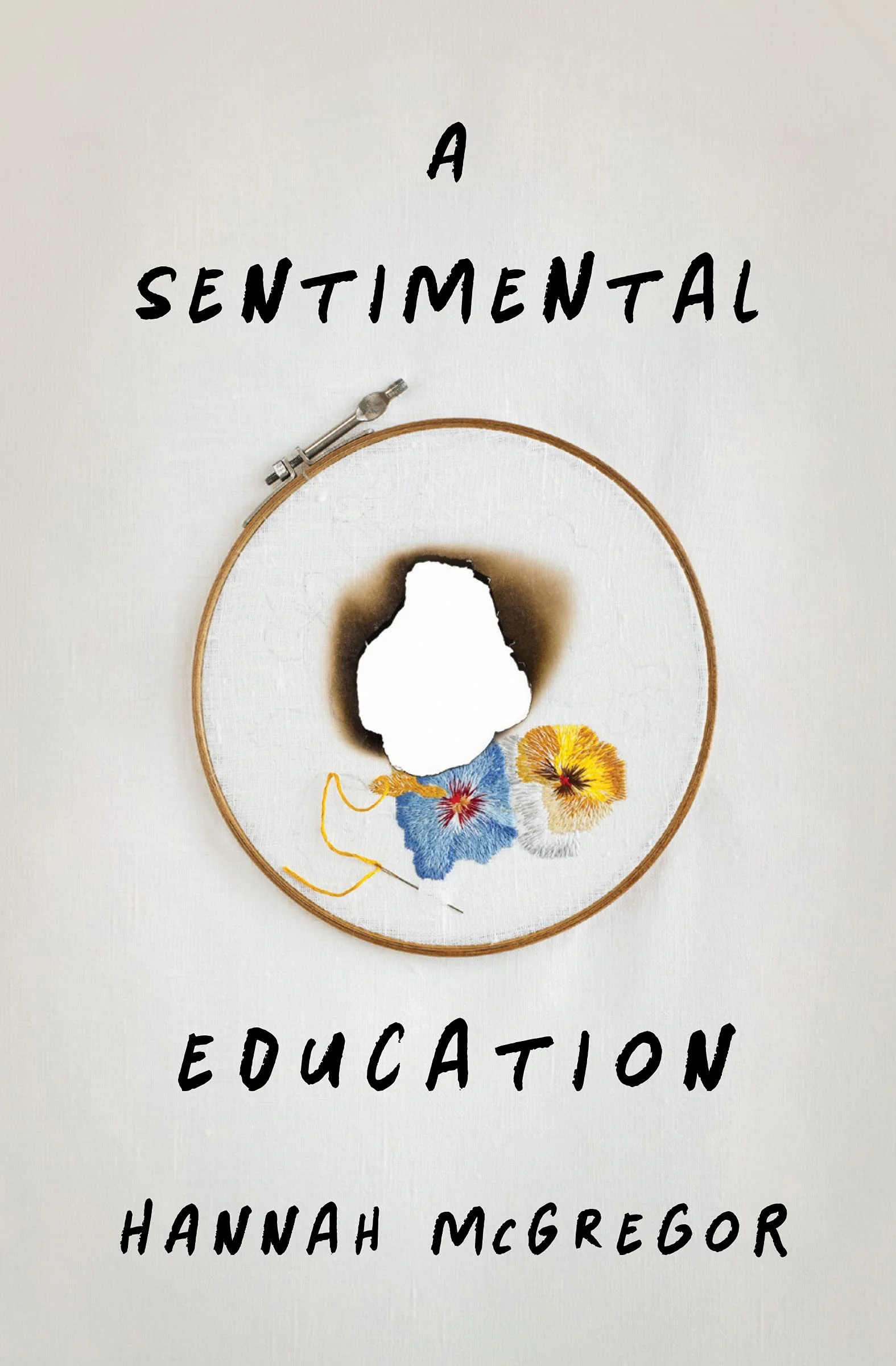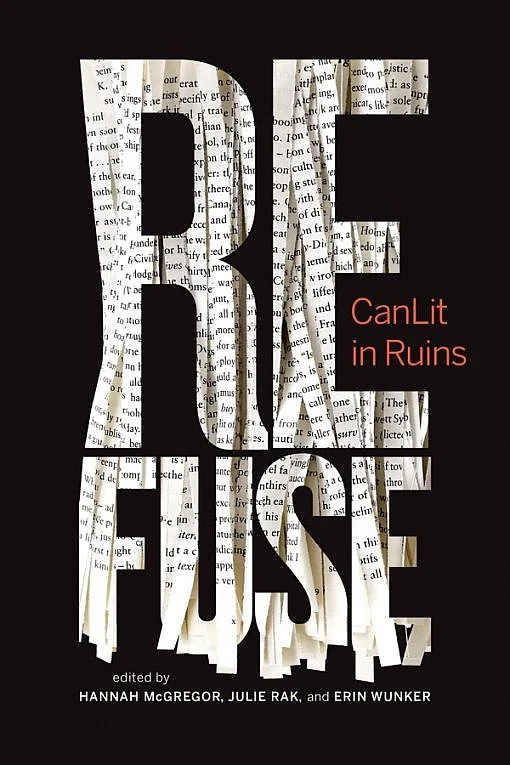-
A smart and incisive exploration of everyone’s favorite dinosaur movie and the female dinosaurs who embody what it means to be angry, monstrous, and free
The Jurassic Park series is one of the most famous and profitable cinematic experiences of all time, with an entire generation of people who have never known life without these CGI dinosaurs. But while the movie spectacle broke film and merchandising records, pioneered special effects, and made Jeff Goldblum into an unlikely sex symbol, it has also been re-envisioned as a classic of queer feminist storytelling.
In Clever Girl, Hannah McGregor argues that the female-only dinosaurs of Jurassic Park are stand-ins for monstrous women, engineered by men to be intelligent, violent, and adaptive, and whose chaos resists the systems designed to control them. As they run wild through their prison, a profit-driven theme park, they destroy the men and structures who mistakenly believed in their own colonialist and capitalist power, showing the audience what it means to be angry, monstrous, and free. The velociraptors were not just jump scares for children, but also revelatory and predatory symbols of feminist rage. Clever girls, indeed.
-
Co-authored by Lori Beckstead, Ian M. cook, and Hannah McGregor
The growth of scholarly podcasting engenders radical possibilities for how we conceive of knowledge creation and peer review. By investigating the historical development of the norms of scholarly communication, the unique affordances of sound-based scholarship and the transformative potential of new modes of creating and reviewing expert knowledge, Podcast or Perish is the call to action academia needs, by asking how podcasting might change the very ways we think about scholarly work.
-
How do you tell the story of a feminist education, when the work of feminism can never be perfected or completed?
In A Sentimental Education, Hannah McGregor, the podcaster behind Witch, Please and Secret Feminist Agenda, explores what podcasting has taught her about doing feminist scholarship not as a methodology but as a way of life.
Moving between memoir and theory, these essays consider the collective practices of feminist meaning-making in activities as varied as reading, critique, podcasting, and even mourning. In part this book is a memoir of one person’s education as a reader and a thinker, and in part it is an analysis of some of the genres and aesthetic modes that have been sites of feminist meaning-making: the sentimental, the personal, the banal, and the relatable. Above all, it is a meditation on what it means to care deeply and to know that caring is both necessary and utterly insufficient.
In the tradition of feminist autotheory, this collection works outward from the specificity of McGregor’s embodied experience – as a white settler, a fat femme, and a motherless daughter. In so doing, it invites readers to reconsider the culture, media, political structures, and lived experiences that inform how we move through the world separately and together.
-
Co-edited by Hannah McGregor, Julie Rak, & Erin Wunker
Published November 15th, 2018CanLit — the commonly used short form for English Canadian Literature as a cultural formation and industry—has been at the heart of several recent public controversies. Why? Because CanLit is breaking open to reveal the accepted injustices at its heart. It is imperative that these public controversies and the issues that sparked them be subject to careful and thorough discussion and critique.
Refuse provides a critical and historical context to help readers understand conversations happening about CanLit presently. One of its goals is to foreground the perspectives of those who have been changing the conversation about what CanLit is and what it could be. Topics such as literary celebrity, white power, appropriation, class, rape culture, and the ongoing impact of settler colonialism are addressed by a diverse gathering of writers from across Canada.



